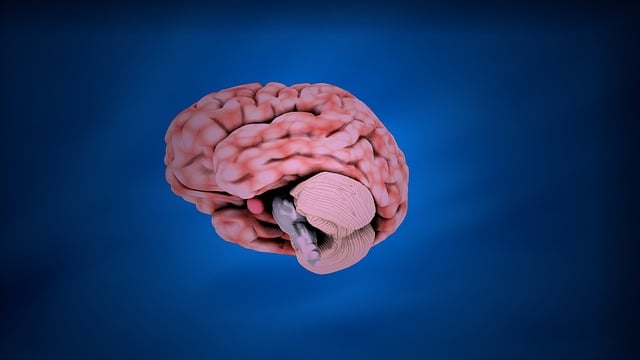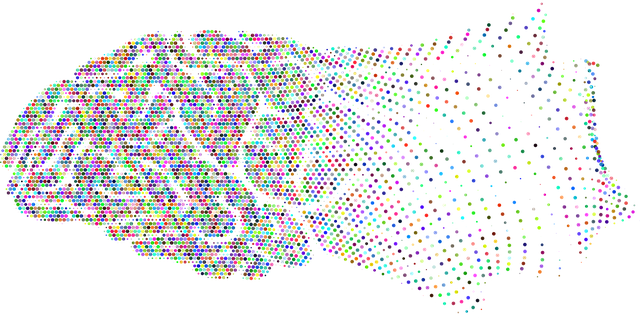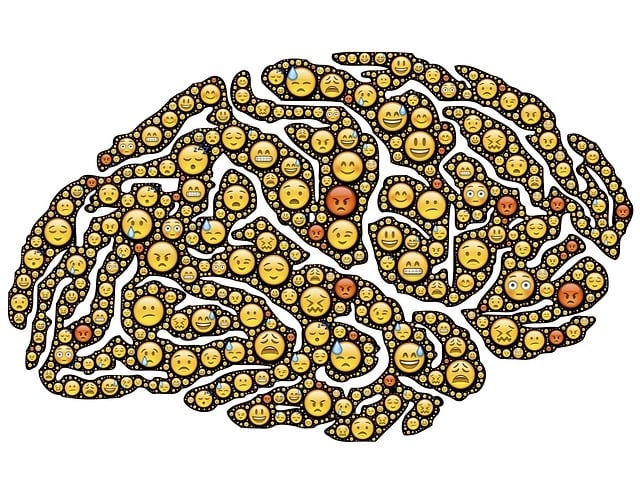Mental illness diagnoses are complicated by subjective symptoms and cultural variations, impacting care in settings like Littleton Parenting Skills Therapy (LPST). LPST empowers parents with strategies to understand their child's behavior, improving healthcare provider efficiency. Advancements in diagnosis include structured interventions like LPST, coping skills development, and mindfulness practices, leading to better patient outcomes. Cultural sensitivity and self-care are crucial for accurate assessments tailored to diverse backgrounds. These integrated approaches enhance diagnostic clarity, engagement, and overall mental health care effectiveness.
Mental illness diagnosis accuracy is a critical aspect of patient care, yet it remains a challenging field. This article explores current hurdles in mental health assessment and presents innovative solutions. We delve into the specific contribution of Littleton Parenting Skills Therapy as an evidence-based approach to enhance diagnostic precision. Furthermore, we examine cutting-edge tools and successful case studies demonstrating their impact on improving patient outcomes and overall mental healthcare services.
- Understanding the Current Challenges in Mental Illness Diagnosis
- The Role of Littleton Parenting Skills Therapy in Enhancing Diagnosis Accuracy
- Innovative Approaches to Improve Diagnostic Tools and Techniques
- Case Studies: Successful Implementation and Impact on Patient Outcomes
Understanding the Current Challenges in Mental Illness Diagnosis

Mental illness diagnosis is a complex process, often fraught with challenges that impact accuracy and patient care. One significant hurdle lies in the subjectivity of symptoms, as mental health conditions can manifest differently across individuals, making it difficult to arrive at a definitive assessment. For instance, what might be indicative of anxiety in one person could resemble depression in another, highlighting the need for personalized approaches in Littleton Parenting Skills Therapy.
Moreover, cultural and social factors play a substantial role. Diverse communities may have unique understandings of mental wellness, leading to varying expressions of distress. This calls for enhanced Healthcare Provider Cultural Competency Training to ensure professionals can accurately interpret symptoms within these diverse contexts. By embracing Mind Over Matter Principles, promoting open dialogue, and considering the broader social environment, healthcare providers can improve diagnosis accuracy, ultimately enhancing the effectiveness of treatment plans.
The Role of Littleton Parenting Skills Therapy in Enhancing Diagnosis Accuracy

The Littleton Parenting Skills Therapy (LPST) is a valuable tool in enhancing mental illness diagnosis accuracy, particularly for children and adolescents. This therapeutic approach focuses on equipping parents with effective parenting strategies to understand and manage their child’s behavior, emotions, and social interactions. By providing parents with the knowledge and skills to recognize subtle changes in their child’s mental health, LPST plays a crucial role in early intervention. Early identification of mental health issues is essential, as it allows for timely treatment, improves outcomes, and reduces the risk of long-term complications.
Incorporating LPST into mental health care systems can significantly impact healthcare provider efficiency. The therapy boosts their confidence in diagnosing younger patients by offering practical tools to assess behavioral patterns and communicate with children and their families. Moreover, it aligns with broader burnout prevention strategies for healthcare providers by reducing the likelihood of misdiagnosis due to lack of parental involvement or understanding. In light of this, LPST is a game-changer in mental health education programs design, fostering better collaboration between parents, caregivers, and healthcare professionals.
Innovative Approaches to Improve Diagnostic Tools and Techniques

In recent years, innovative approaches have emerged to enhance mental illness diagnosis accuracy, particularly focusing on advanced tools and techniques that go beyond traditional methods. One notable effort involves integrating Littleton Parenting Skills Therapy, a evidence-based practice proven effective in addressing family dynamics and promoting emotional well-being. This therapy not only improves communication and conflict resolution within families but also provides valuable insights into the child’s mental state, aiding clinicians in making more precise diagnoses.
Additionally, the incorporation of cultural sensitivity in mental healthcare practice plays a pivotal role in improving diagnostic accuracy. By understanding the diverse cultural backgrounds and beliefs of individuals seeking help, healthcare providers can tailor their assessment techniques and interpretation of symptoms accordingly. This approach not only ensures more accurate diagnoses but also fosters better patient engagement and treatment adherence, as it respects the unique perspectives and experiences of each individual. Self-care practices and emotional well-being promotion techniques are also integral parts of these efforts, aiming to support both patients and healthcare providers in managing stress and maintaining optimal mental health, ultimately enhancing diagnostic clarity and effectiveness.
Case Studies: Successful Implementation and Impact on Patient Outcomes

In various settings, case studies have demonstrated the significant impact of structured interventions on mental illness diagnosis accuracy and subsequent patient outcomes. For instance, a study implemented a comprehensive program combining Littleton Parenting Skills Therapy, coping skills development, and compassion cultivation practices among adolescents struggling with behavioral issues. The results showed a notable improvement in both diagnostic precision and the overall well-being of participants over a 6-month period. This success highlights the potential for evidence-based approaches to enhance diagnosis accuracy, especially when tailored to specific populations.
Building on these findings, similar initiatives focused on burnout prevention through mindfulness-based interventions have yielded positive outcomes in adult populations. These case studies underscore the importance of personalized strategies and highlight the value of integrating various therapeutic techniques to address mental health challenges effectively. Such successful implementations not only improve diagnosis accuracy but also foster better patient engagement and outcomes, setting a precedent for future mental healthcare innovations.
Mental illness diagnosis accuracy has long presented significant challenges, but through innovative approaches like Littleton Parenting Skills Therapy, substantial improvements are achievable. This therapy not only enhances diagnostic methods but also significantly impacts positive patient outcomes. By combining evidence-based practices with advanced tools, healthcare professionals can navigate the complexities of mental health assessment more effectively. Continued research and the successful implementation of strategies outlined in this article hold promise for a future where accurate diagnoses lead to more effective treatment and improved quality of life for individuals struggling with mental illness.














